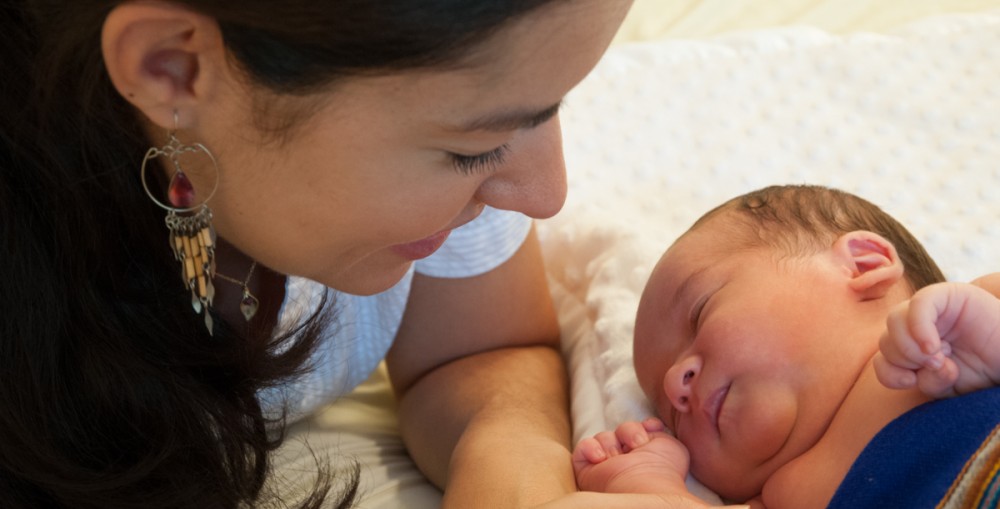During one of the class presentations, I remember our class getting into an important discussion about breastfeeding and the factors that can influence a woman’s decision to breastfeed a child or not. After coming across an article on the same topic, “Inviting African-American Mothers to Sell Their Breast Milk, and Profiting,” I had a few thoughts regarding this program to increase breastfeeding amongst African American women in Detroit, and I was curious to see if any of our classmates had any other thoughts to contribute.
While this program has a noble-sounding cause of increasing breastfeeding amongst a group with historically low rates of breastfeeding, the author makes the argument that this program is ethically questionable in how it is profiting from the program. Medolac, the Oregon-based company working with the Clinton Global Initiative, claims to “seek to increase breast-feeding rates among urban African-American women” and promote “healthy behavior and prolonged breast-feeding within their communities” by starting a local campaign to grow members of the Mothers Milk Cooperative, the only milk bank owned and operated by nursing mothers. The milk bank pays approved members (screened and blood tested) $1 an ounce for their milk. The cooperative has an agreement with Medolac, which processes the milk into a commercially sterile, shelf-stable product and sells it to hospitals for about $7 an ounce (a 600% markup).
At 40%, Detroit has one of the lowest breast-feeding rates for black women in the country. Medolac’s goals of more breast-feeding and economic empowerment sound promising, but the author argues that the economic and racial elements of the Medolac plan “make it look more like a modern-day breast milk marketing scheme than a public benefit.” While Medolac officials argue that paying women for their breast milk will increase the likelihood that they will breast-feed their own babies, there is no research behind this claim. Additionally, the author argues that selling breast milk will likely take the priority over breastfeeding children for these women: “Rare is the mother who will produce enough excess milk, at $1 an ounce to affect her family’s economic situation significantly…the average mother produces 200 ounces of oversupply every two months.”
When thinking about the types of Safe Motherhood interventions we have studied this semester, many have had unintended negative consequences. With the involvement of a for-profit company, the likelihood of maternal health being the primary motivation seems significantly smaller. I’m curious to hear what other students think – is this program taking advantage of women in vulnerable financial situations or will this incentivize women who might not otherwise breastfeed to do so? What would be a better way to incentivize breastfeeding in communities that may not have a strong history of breastfeeding?

The argument that paying women for their breast milk will increase the likelihood that they will breast-feed their own babies seems like a marketing ploy. If I were a poor African-American mother with a infant, instead of trying to pump an oversupply of 100 ounces of breast milk per month to only receive a $100 paycheck less any taxes, I would use my WIC benefits and strictly formula feed my child and sell all of my breast milk to Medolac. I believe that Medolac has incentivized pumping milk for profit instead of feeding a baby nutritionally complete food.